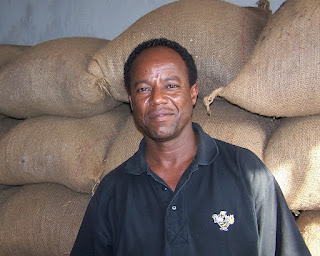Beekeepers across Arkansas and beyond our borders know Jon Zawislak (rhymes with Zah-Fish-Lock) simply as Jon Z. Now, we are delighted to announce that Jon has successfully defended his dissertation for a PhD in Entomology from the University of Arkansas. Jon, an Apiculture Instructor with the Cooperative Extension Service of the University of Arkansas Division of Agriculture is a valuable resource to beekeepers. An Eastern Apicultural Society Master Beekeeper himself, Jon often helps me analyze honey bee health issues. When I needed to respond to a beekeeper’s question about haplo-diploidy sex determination in bees, I called on Jon for an explanation (https://peacebeefarm.blogspot.com/2012/09/honey-bee-super-sisters.html). Jon trains many beekeepers, and he is a tremendous asset to the Arkansas Beekeepers Association. Jon serves as an ex officio member of the ABA’s Executive Committee, its webmaster, guest speaker recruiter, and himself a frequent presenter. Jon’s research looks into serious problems associated with honey bee health. He participated in measurements of the effects of neonicotinoid insecticides on honey bees. In one of his research projects Jon identified pathogens retarding the growth of the invasive honey bee pest, the small hive beetle. Jon found some of these potential biological control pathogens in the soil of my Arkansas bee yards. Jon conducted research into the foraging behavior of honey bees by attaching tiny labels onto bees and photographing their movements as they flew out and back into their hives.
Jon Zawislak is a recognized leader in his profession, and
he encourages others to excel. He challenged one of his sons to make good
grades in school, and he rewarded him with a sky-diving experience. Jon encouraged
me to complete the EAS Master Beekeeper certification program, and he recruited
me to teach beekeeping in Africa. Jon’s PhD program did receive an interruption
when he donated a kidney. Such generosity! I am deeply proud of Dr. Jon
Zawislak, shown here at an ABA conference with Dr. Jeff Harris and Audrey Sheridan of Mississippi State University and EAS Master Beekeeper, David Burns.
--Richard











